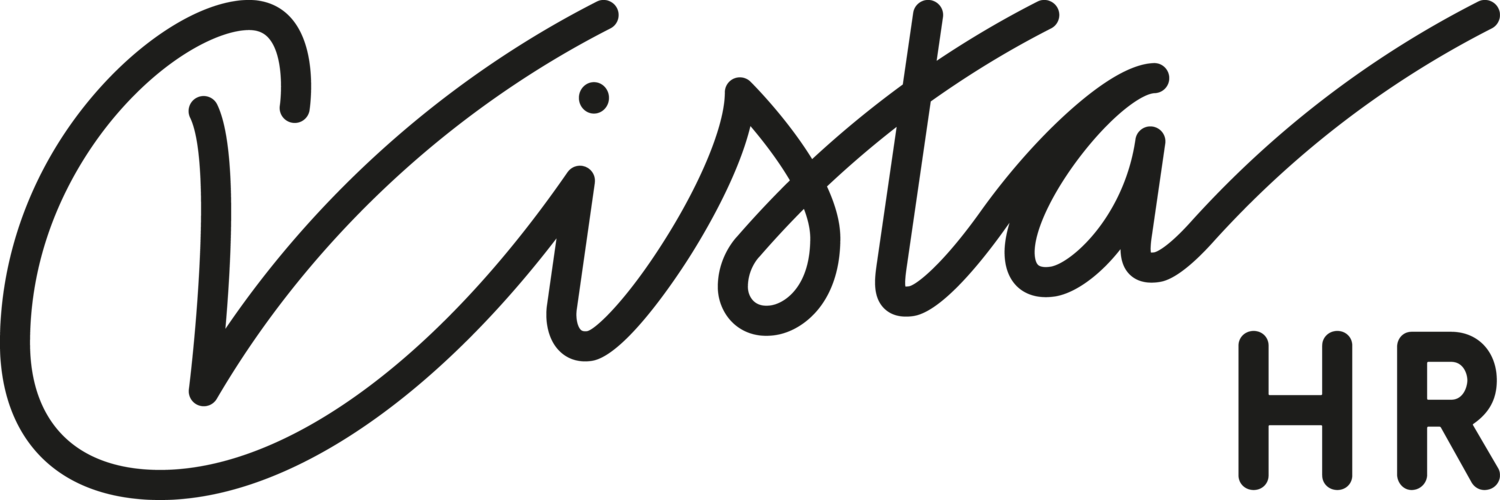Looking for employment opportunities could be a very lengthy and frustrating process. You were so close to being offered the role, but someone with more experience comes along the takes the job. You are always the second in line to the person companies would like to offer.
This increases resume fraud – and it is best to identify doing a reference check and a verification with selected education institutions to ensure that the education they have provided are true and accurate.
In addition, you could look out for the following pointers:
VAGUE DESCRIPTION FOR SKILLS
It will be advised to have a quick phone chat or conduct a face to face interviews, probing into skills that they have mentioned to be of very vague in nature. If someone has shared that they are familiar with a skill, they should be able to answer you reasonably well when asked in detail.
Alternatively, you could also require candidates to come in for a one-day trial to understand if they really have the skill that is required, or you could offer them on a temporary basis, convertible to a permanent if they have shown to be a good fit with the Company.
QUESTIONABLE EMPLOYMENT DATES
Resumes who only have indicated the years are usually a big red flag to try to prolong their period of employment or, they could have hope that it could hide periods of unemployment. It will be good if you check with Candidates the months of the employment and to be truthful when sharing their period. Alternatively, there is always the presence of reference checks
OBSERVE BODY LANGUAGE
Imagine conducting an interview where the candidate is avoiding eye contact or appear to have memorized scripts prior to the interview. This are all signs of dishonestly, but it is also important to distinguish on whether this nervousness or dishonesty is.

